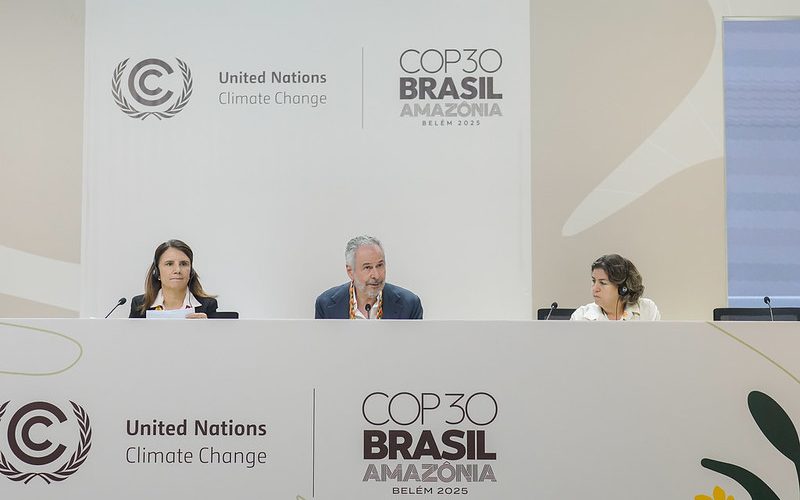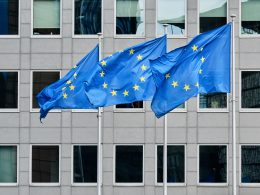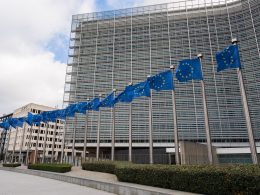Brazil said on Tuesday it still expects to secure an early agreement on some of the most contentious issues at the COP30 climate summit, even as major gaps persist between countries on fossil fuels and climate finance.
The two-week summit, taking place in the Amazon city of Belém, has gathered governments from around the world to refine the complex UN framework guiding global efforts to curb greenhouse gas emissions and respond to escalating climate impacts.
Brazil, as host nation, is pushing for a two-stage outcome: an initial package on Wednesday covering issues such as fossil fuel reduction and the delivery of long-promised climate finance—topics considered too controversial to be formally tabled just a week ago—and a second package resolving any outstanding points by Friday.
COP30 President André Corrêa do Lago said negotiators were set to work late for a second consecutive night, but maintained that the first agreement could still be approved on Wednesday, albeit “very late”.
If achieved, the move would defy expectations shaped by recent COP summits, all of which have stretched well beyond their scheduled conclusions. The conference is due to finish at 2100 GMT on Friday.
Brazilian President Luiz Inácio Lula da Silva is due to attend on Wednesday to inject fresh political momentum into the talks and meet UN Secretary-General António Guterres. Lula said the engagement aimed to “strengthen climate governance and multilateralism”.
Earlier, the COP30 presidency invoked the Brazilian Portuguese concept of mutirão—a spirit of collective mobilisation—as it released an initial draft of a potential summit outcome titled Global Mutirão: uniting humanity in a global mobilisation against climate change.
Following a day of consultations with individual countries, a revised text is expected overnight and will be presented on Wednesday for further feedback.
The most complex issues include how wealthy nations will finance developing countries’ transition to clean energy, and how to close the widening gap between pledged emissions cuts and those required to limit global temperature rise.
Several countries, including Brazil, are also seeking a concrete roadmap to implement the COP28 agreement to transition away from fossil fuels. However, the current draft lists this only as an optional element.





















